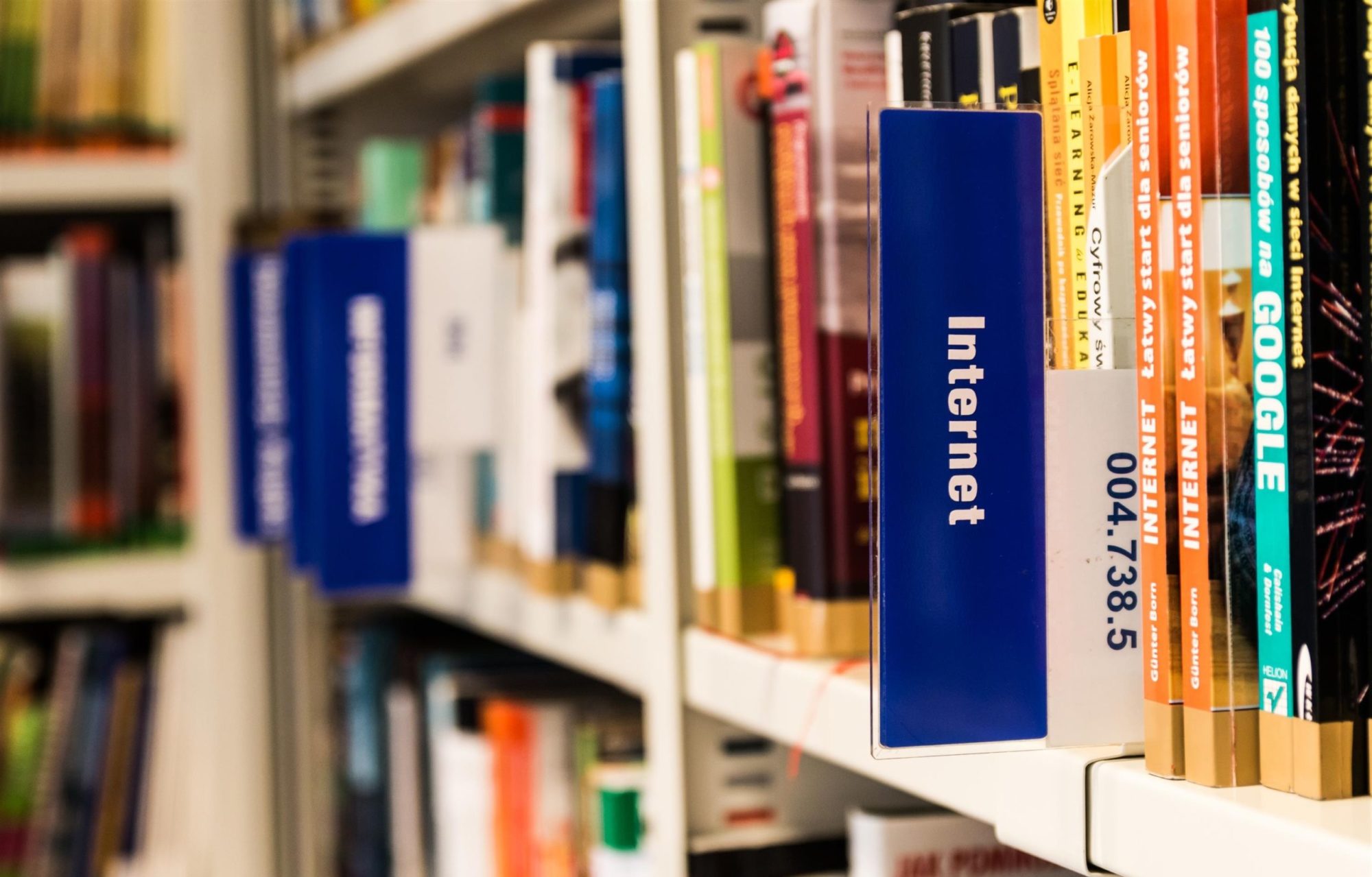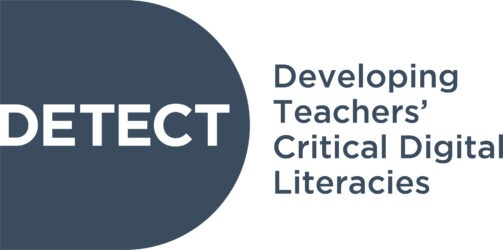The document includes a concise model about a curriculum plan or learning path for Grades 1-9 related to programming and computational thinking. The model is created in the EU funded CodeInnova project. The material defines knowledge, skills and practices relevant for each grade level and suggest practical ways to support multidisciplinary teaching and learning at different stages of the learning path.
Title Learning module: Climate Change and Southern Voices
Climate Change and Southern Voices is a learning module for multidisciplinary learning for the upper comprehensive school and for upper secondary institutions. At the core of the learning module are the global connections of complex phenomena, questions of justice, feelings and reactions caused by great challenges and turning them into action. A video project of four lessons which will be carried out as a group project brings an activeelement into the module. The students have a chance to examine the themes of sustainable development from the perspectives of both North and South and to take their own stand on the themes. The learning module is suitable, for example, for geography, biology, art and social studies classes or as a collaboration between these subjects. You can also use the
English materials for English class. The package of learning modules includes the following materials: a lesson plan,
orientation materials (presentations and related info packages, printable photo cards about the topic and their explanations, links to background materials) and instructions and examples for the video project.
Vinkkejä videoblogeihin
Materiaali sisältää vinkkejä, jotka tutustuttavat oman elämän dokumentointiin ja ohjaavat kertomaan itselleen ajankohtaisista mietteistä, toiveista, unelmista ja tunteista videobloggaamalla. Materiaali on tarkoitettu yli 10-vuotiaille lapsille ja nuorille.
[The material include tips that introduce children and young people over the age of 10 to documenting their own lives and help them learn to tell about their current thoughts, desires, dreams or emotions through video blogging.]
Polkuja ohjelmointiosaamiseen – Opas vuosiluokille 7-9
Opas tarjoaa opettajille pedagogisia reittejä ja käytännönläheisiä esimerkkejä yläkouluikäisten lasten ohjelmointiosaamisen edistämiseen vuosiluokilla 7-9. Opas on saatavilla suomeksi ja ruotsiksi ja se on osa laajempaa suomalaista Uudet lukutaidot -kokonaisuutta (https://uudetlukutaidot.fi/).
[This is a guidebook that offers pedagogical rotes and practical examples for teachers about promoting computational thinking and programming skills in lower secondary school. The guidebook is available in Finnish and Swedish, and it belongs to a larger Finnish material package about New literacies (https://uudetlukutaidot.fi/)]
Polkuja ohjelmointiosaamiseen – Opas vuosiluokille 1-6
Opas tarjoaa opettajille pedagogisia reittejä ja käytännönläheisiä esimerkkejä alakouluikäisten lasten ohjelmointiosaamisen edistämiseen vuosiluokilla 1-6. Opas on saatavilla suomeksi ja ruotsiksi ja se on osa laajempaa suomalaista Uudet lukutaidot -kokonaisuutta (https://uudetlukutaidot.fi/).
[This is a guidebook that offers pedagogical rotes and practical examples for teachers about promoting computational thinking and programming skills in primary school. The guidebook is available in Finnish and Swedish, and it belongs to a larger Finnish material package about New literacies (https://uudetlukutaidot.fi/)]

